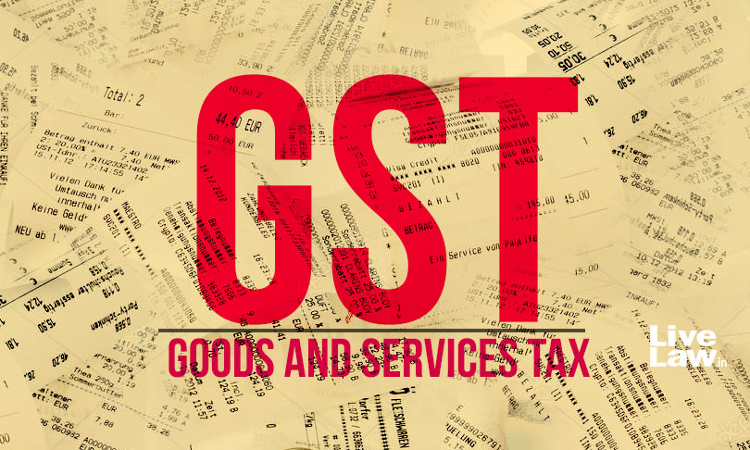GST Council Has Unequal Voting Structure, Can Be An Avenue For Political Contestation : Supreme Court
Manu Sebastian
19 May 2022 10:08 PM IST

Next Story
19 May 2022 10:08 PM IST
While holding that the recommendations of the Goods and Services Tax(GST) Council are not binding on the Centre and the States, the Supreme Court has highlighted the unequal voting structure and the possibility of political contestations in the Council.The Court noted that the recommendations of the GST Council are not based on a unanimous decision but on a three-fourth majority of the...
